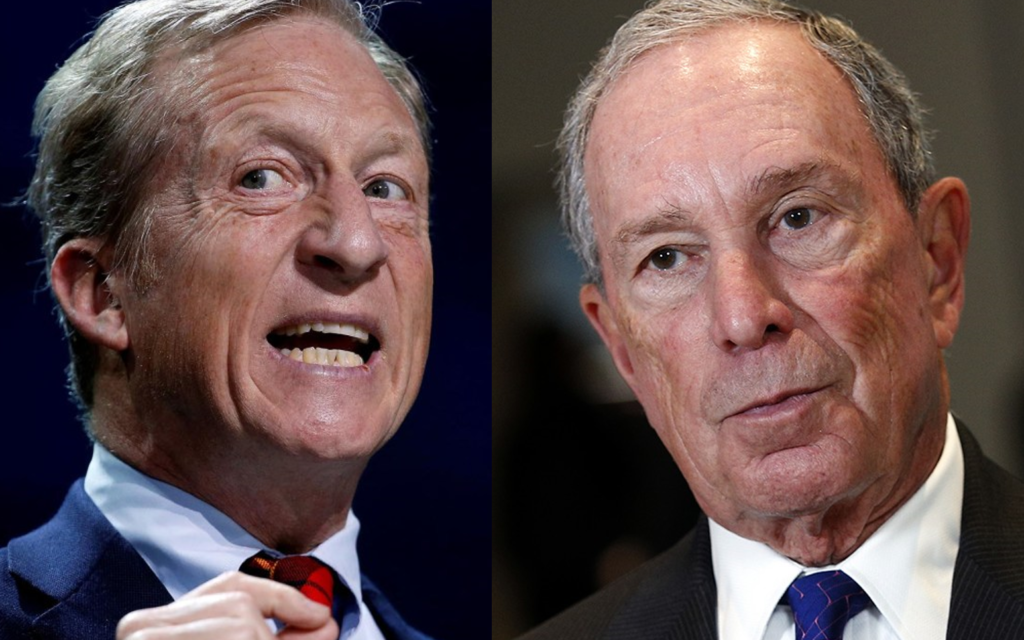Michael Bloomberg isn’t even computing in Iowa, and yet he’s still fucking everything up for the other candidates.
The flow of cash—dubbed the Bloomberg effect by media-measurement firm Advertising Analytics LLC—has upended the financial dynamics of the election. Television ad rates jumped 45% in Houston after the Bloomberg campaign bought $1 million worth of ads in November, Advertising Analytics said. The campaign paid as much as double the going rate for staff and promised jobs to workers through November, whether or not Mr. Bloomberg stays in the race. The candidate now has 1,000 campaign staffers.
I was never much impressed with Kamala Harris’s campaign, but I don’t think it’s right that she felt the need to drop out of the race before any votes were cast because she couldn’t raise the money she needed to meet her staffing and advertising goals. Her effort wasn’t made any easier by Bloomberg ballooning both labor and advertising costs.
In a way, the enormous requirements of organizing and funding a presidential campaign serve as an imperfect proxy for running the federal government. If you can build up a political movement from scratch and manage to outperform all your rivals who are trying to do the same thing, you’ve got an argument that you can manage a large organization and huge amounts of money. But this is basically distorted beyond recognition when a billionaire can come in and simply price you out of running an efficient campaign.
The presidential election is 10 months away, but Michael Bloomberg’s long-shot campaign is running like it’s already late October.
The candidate has spent $217 million so far on television and digital advertising, mostly ignoring the Democratic primaries and squarely challenging President Trump. The total is roughly three-quarters of the amount spent by all other campaigns, including Mr. Trump’s, combined.
Bloomberg isn’t the only culprit here. Tom Steyer bought his way onto the last primary debate stage using the same types of tactics. Meanwhile, Andrew Yang and Cory Booker were shut out. In Booker’s case, this caused him to drop out of the race.
It’s one thing to drop out because you can’t get traction in the polls or you can’t raise enough money. These factors normally show that you don’t have what it takes to build or run a winning organization. But it’s not really fair to have to compete with people for whom money is no object and whose activities cause your costs to soar.
Bloomberg and Steyer are affecting the more successful campaigns in exactly the same way.
It used to be that oligarchies were for the former Soviet Socialist Republics. Now even the Democratic Party is dominated by oligarchs.







